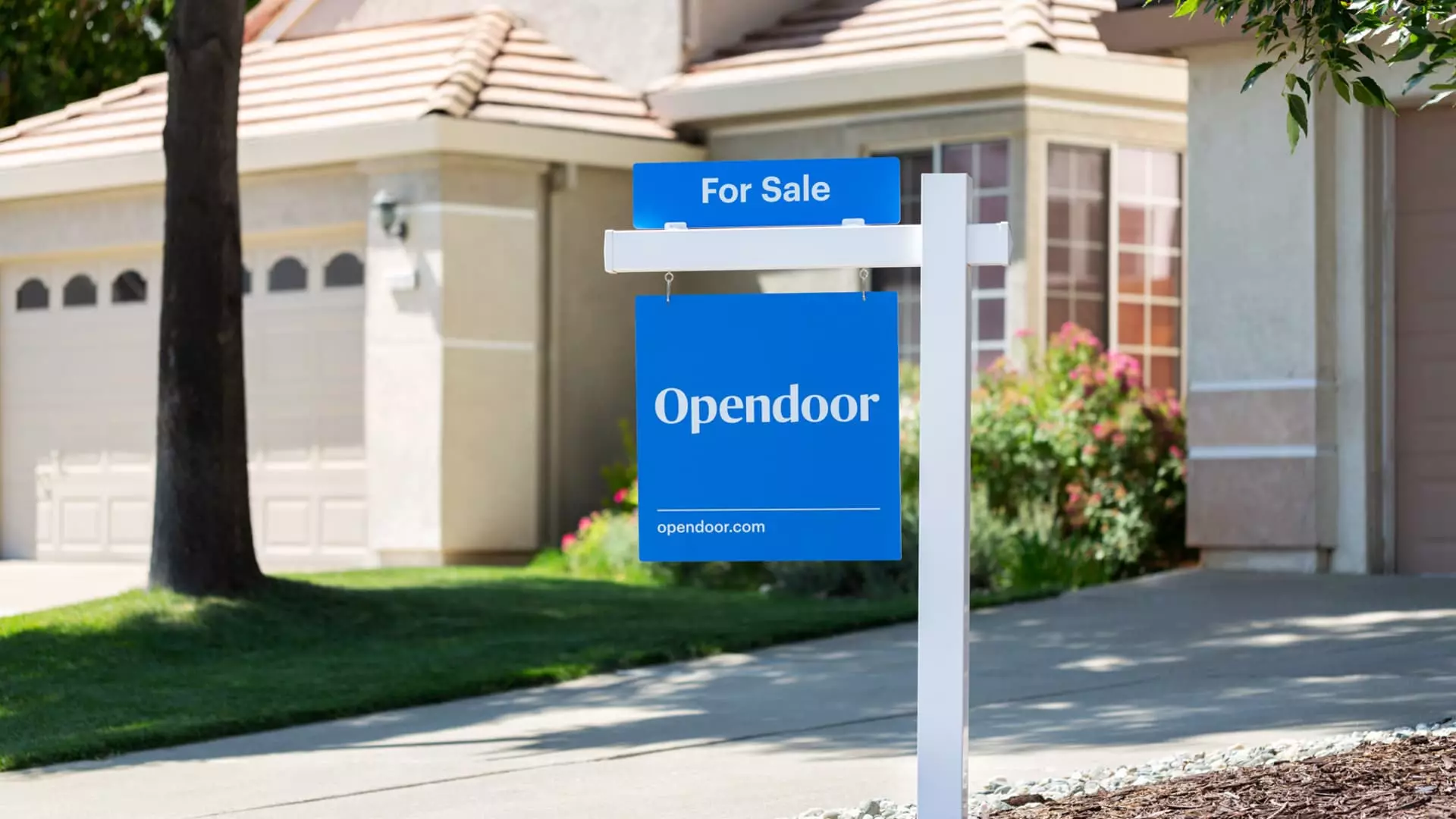In recent weeks, Opendoor Technologies has exemplified how today’s retail-driven stock frenzy distorts genuine market valuation. Once a modest contender in the real estate tech space, the company’s shares skyrocketed from under a dollar to nearly five dollars within a matter of days, fueled more by social media hype than by intrinsic business performance. This surge isn’t rooted in fundamental growth; instead, it reflects a dangerous cocktail of speculative mania and herd mentality. The frenzy underscores a painful truth: markets are increasingly becoming playgrounds for noise traders, where emotional impulses and viral hashtags override rational investment strategies. Such volatility not only destabilizes individual portfolios but also erodes confidence in the broader financial system.
The Power and Perils of Social Media Warfare
The role of online communities like WallStreetBets cannot be overstated in this tale of stock manipulation. Reddit’s collective has evolved into an unruly battleground for influence, capable of orchestrating market chaos with a few well-placed posts. The rally in Opendoor, amplified by posts urging investors to “HODL,” highlights how social media can manipulate asset prices beyond any traditional economic rationale. When hedge fund managers and mainstream financial media observe such movements, they often dismiss them as frivolous, yet the truth is that these platforms wield significant power—power that can distort markets and distort the perception of value and risk. The recent surge in trading volume and options activity reveals how speculative fervor motivates traders to chase irrational gains, amplifying a feedback loop that threatens to destabilize the financial ecosystem.
The Short Squeeze and Market Distortion
One of the most insidious elements fueling Opendoor’s meteoric rise is the dynamic of short covering. With roughly one-fifth of its shares sold short, the rally created a perfect storm for a short squeeze, where tried-and-true hedge fund tactics become a double-edged sword. As short-sellers scramble to buy back shares to limit losses, they inadvertently push prices higher, feeding the cycle of absurd gains. This phenomenon illustrates the fragility of markets heavily driven by technical factors rather than fundamentals. Meanwhile, options trading surges — a sign that traders are betting heavily on continued upward movement, further fueling volatility. Such strategies, though exciting for traders seeking quick wins, ultimately undermine market integrity, transforming investments into a perilous game of chance and manipulation.
The Broader Implication: Market Erosion and Ethical Dilemmas
This spectacle reveals a deeper crisis in financial markets—a decay of discipline, an abandonment of long-term vision, and an abdication to hype and manipulation. While meme stocks like Opendoor may seem entertaining on the surface, they symbolize the erosion of investor trust and the hollowing out of fundamental analysis. From a center-left liberal perspective, this trend is troubling because it favors short-term speculation over meaningful innovation and responsible capitalism. It raises questions about the role of regulation, the responsibility of financial institutions, and the obligation of policymakers to safeguard market stability. Instead of a vibrant marketplace driven by real economic activity, we face an increasingly gamified system, where social media influences and quick gains overshadow sustainability and fairness.

